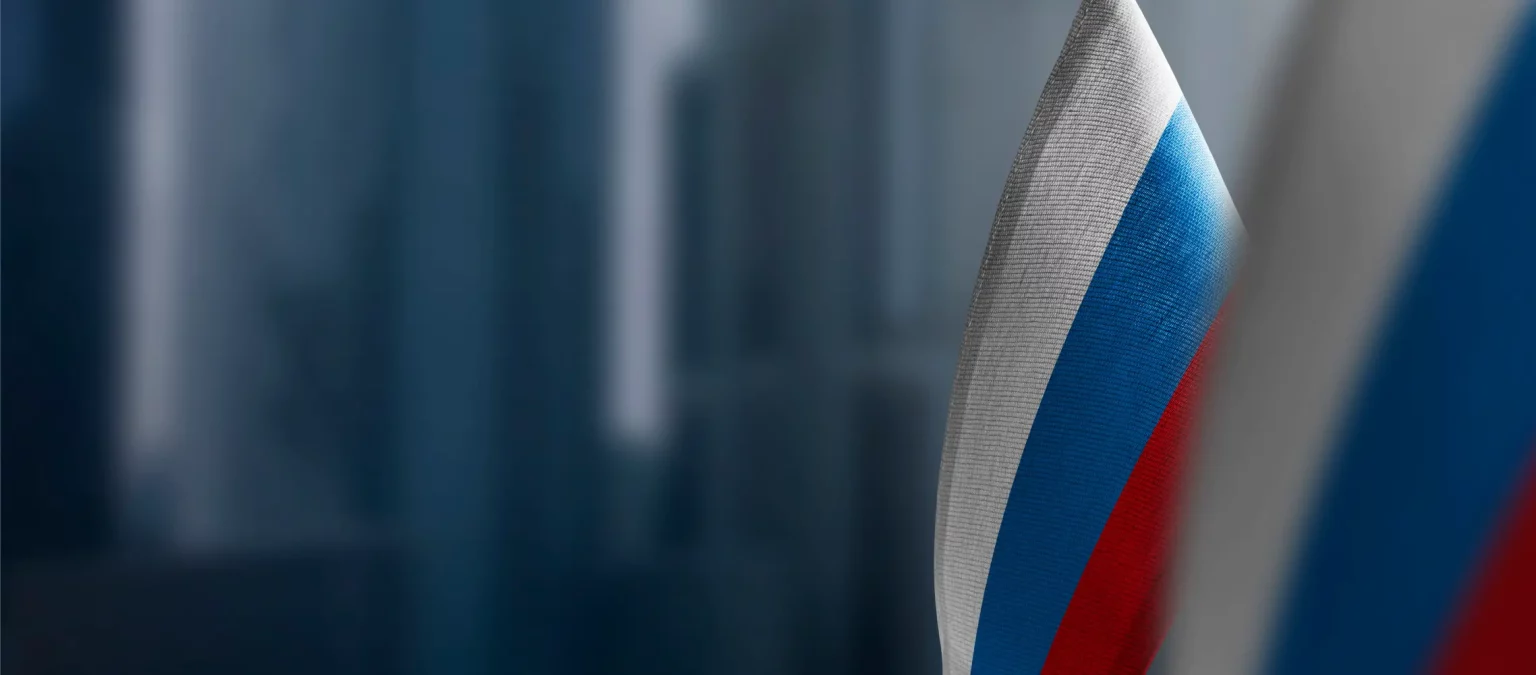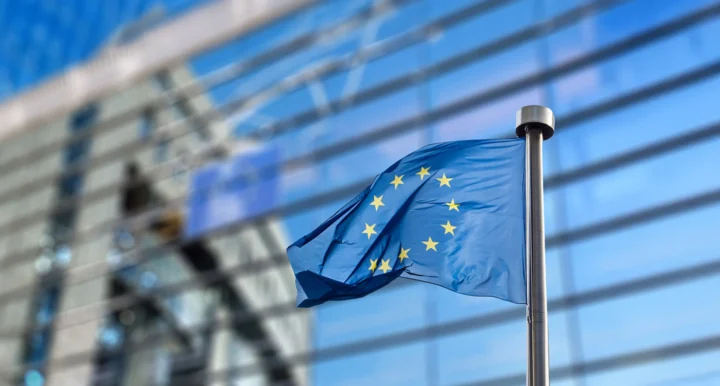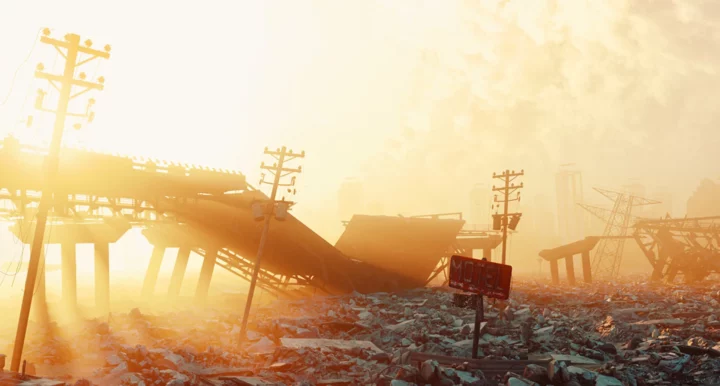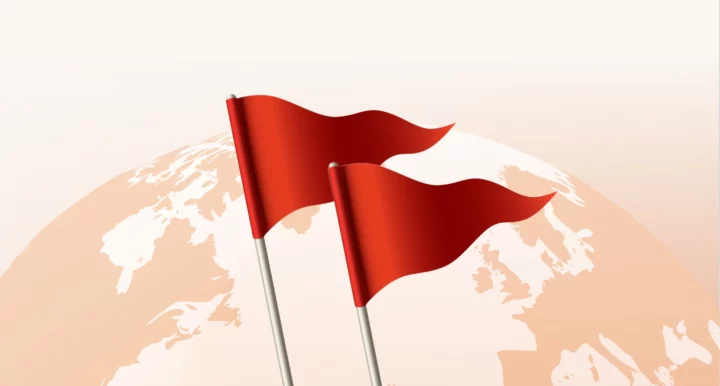On 13 June 2024, in coordination with other G7 countries, the UK announced a round of new sanctions on Russia, strengthening the economic measures already in place to degrade Vladmir Putin’s war machine in Ukraine. Announced during the G7 Leaders Summit in Italy, these latest sanctions will have far-reaching global effects, which means businesses in the UK and beyond must understand how to achieve compliance, or face costly penalties.
UK Russia Sanctions in 2024
The UK issued a previous round of sanctions against Russia in February 2024, targeting supplies of munitions and military end-use tools, and persons involved in the financing of Putin’s war effort. At the time, the UK also announced that it would be increasing its focus on Russia’s attempts to avoid sanctions, not least by cracking down on corporate compliance, and by addressing the illicit trading of oil via a ‘shadow fleet’ of ships.
The UK’s position on Russia sanctions reflects that of its international partners, and in particular members of the G7 who have also signalled an increased focus on Russia’s attempts to circumvent the economic measures against it.
New Sanctions Targets
The UK has issued 50 new sanctions designations against Russia. Notable amongst the new targets is the ‘shadow fleet’ of ships which the Russian government uses to trade oil in violation of existing sanctions. The oil trade is critical to financing the Ukraine invasion and generated 31% of Russia’s total federal revenues in 2023.
The new UK sanctions also target munitions, machine tools, microelectronics suppliers, and companies providing logistics to the Russian military. That group of targets includes foreign companies based in China, Turkey, Kyrgyzstan, and Israel, and ships supplying military end-use goods to Russia from North Korea.
In conjunction with new US sanctions, the UK sanctions have also increased pressure on Russia’s financial system and, in particular, the Moscow Stock Exchange, with new restrictions for individuals and entities involved in Russian stock trading.
UK Prime Minister Rishi Sunak stressed that the renewed economic pressure would “bear down on Russia’s ability to fund its war machine” and cut off Putin’s ability to prolong the Ukraine conflict. Echoing that sentiment, Foreign Secretary David Cameron said that the UK would continue to work with its International partners to increase that pressure, and would “stand by Ukraine in this fight.”
The UK Government has listed the targets of its new Russia sanctions, which include:
- 4 ships in Russia’s ‘shadow fleet’
- 2 ships found to have transported weapons to Russia
- 1 ship manager
- 6 entities in the Russian liquefied natural gas (LNG) sector
- 1 Russian insurance company
- 2 entities with connections to Russia’s civil nuclear sector
- 4 entities and 1 individual with connections to the Russian financial system
- 21 suppliers of goods for Russian military end-use
- 6 individuals or entities with connections to the Russian state that have benefited from the invasion
- 2 designation from the UK’s Central African Republic sanctions lists with connections to the Wagner Group
The Future of UK Sanctions on Russia
To date, the UK Government has sanctioned over 2,000 individuals and entities, with restrictions applied to over 90% of the Russian banking sector, and over 130 close associates of Vladmir Putin – with a combined net worth of around £147 billion.
The UK’s latest sanctions, along with those issued by the G7, suggest that the pressure on Russia will continue for the foreseeable future, with a more complex focus on the Russian government’s attempts to circumvent the measures against it, and on efforts to fund its campaign in Ukraine. To that end, the UK recently published the UK Sanctions Strategy, which set out the UK Government’s sanctions position on Russia, and detailed wider diplomatic efforts to address Vladmir Putin’s evasion strategies.
As the UK’s sanctions against Russia evolve and expand, it’s vital that UK firms put adequate sanctions screening measures in place to meet their compliance obligations. Ripjar’s Labyrinth Screening platform is designed to help compliance teams keep pace with new sanctions by providing continuous monitoring and real-time name search capabilities of international sanctions lists, and of thousands of adverse media sources from across the world. Labyrinth Screening includes the cutting-edge AI Risk Profiles and AI Summaries features, which enable compliance teams to identify and extract only the most relevant risk information from vast amounts of unstructured data, and then use advanced generative AI to create a concise summary of that risk, and significantly reduce assessment times.
Last updated: 6 January 2025





